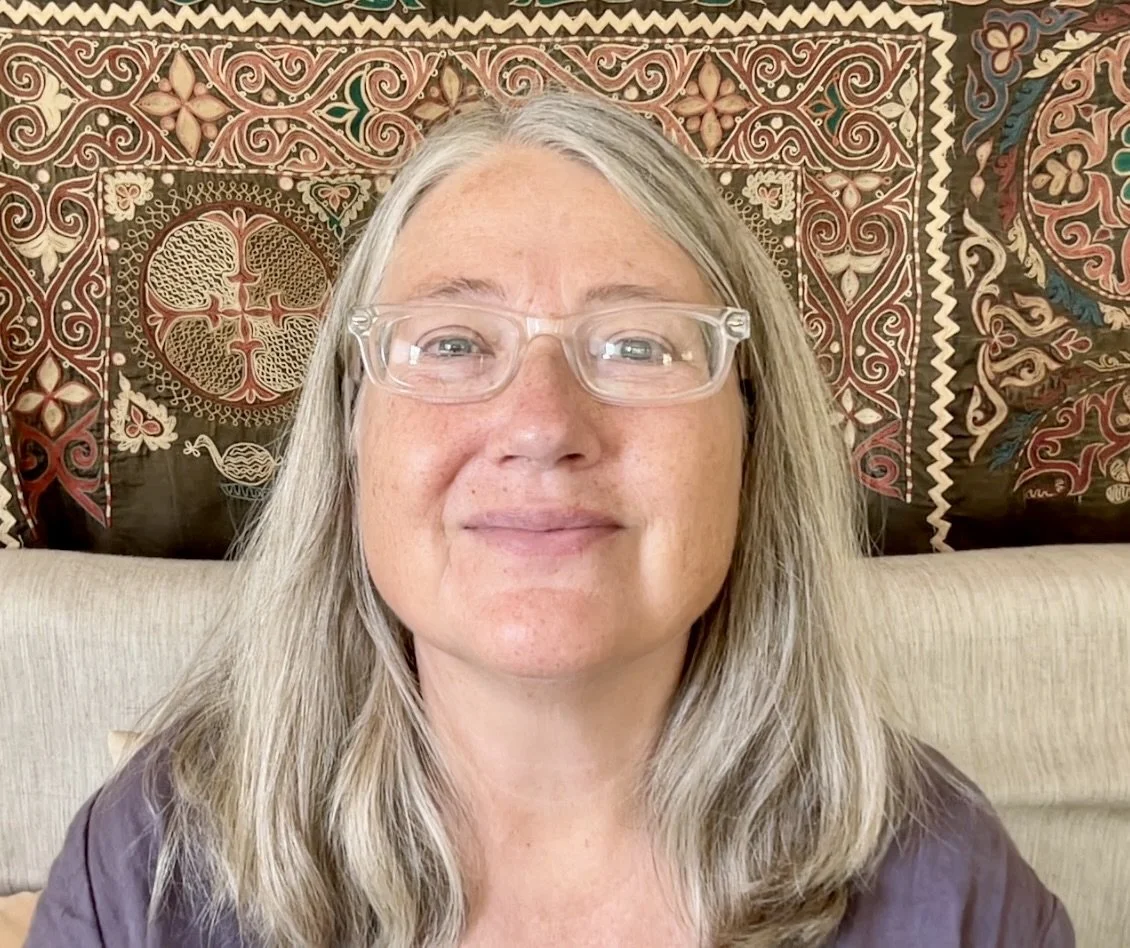
Internal Family Systems Therapy
IFS helps you get to know yourself—all the different thoughts, beliefs, and behaviors that make up the different aspects of your personality and who you are. Then it helps you heal the parts that are wounded.
About IFS
The Internal Family Systems (IFS) model of psychotherapy is an evidence-based approach that offers a clear, non-pathologizing, and empowering method of understanding human problems and our internal world. It is a very different way of doing therapy, but incredibly powerful because it enables you to discover what you need to heal based on your particular experiences and past. It helps you learn how to connect to yourself in a deep, grounded, way, so that you can see clearly what steps are needed and engage your courage to take them.
IFS holds the theory of the multiplicity of the mind. This is the belief that our mind has lots of different parts (sometimes called sub-personalities) that can feel, think and believe differently from one another. For example, part of me is a workaholic, and never quite stops bothering me if I am not being productive or working. Another part of me desperately wants to relax and be lazy (and often succeeds with that!). Other parts of me hold triggered reactions and fears about life that come from past experiences of trauma or pain. You can think of parts as neural networks in the brain that link to certain thoughts, feelings, beliefs and behaviors together, while not linking others. All of the parts of me have a purpose or intention to help me, though sometimes the “help” is based on the past and not quite what is needed in the present! This is where the therapy work comes in.
One of the core principles of IFS is that we all have a Self, a inner core of our mind that holds wisdom, perspective, courage, compassion and clarity about what we need. It is in finding and connecting to Self that we are able to work with the other parts of our minds, particularly parts that hold pain or trauma, to heal and integrate our internal system. The Self then becomes like an orchestra conductor, leading parts of us in creating the music of life in a way that is harmonious and smooth.
Doing IFS therapy is very much like meditation, it requires internal reflection and the capacity to observe what is happening inside one’s thoughts, feelings and body. In this way, and in some others, it is similar to EMDR, somatic, and psychodynamic therapies. The wonderful thing about IFS is that you are the one healing yourself. The therapist is there as a guide to help you find the right path and redirect you when you get lost.
IFS is now a movement both within and beyond the mental health/psychotherapy realm. It offers a transformative paradigm for understanding the mind. It opens a door to deeper understanding not just of ourselves, but of the people around us and the human systems we live within.
IFS creator Richard Schwartz, PhD discusses his new book, No Bad Parts.
Derek Scott, IFSCA founder, created a teaching video of an IFS unburdening session.
Healing Legacy Burdens with Dick Schwartz and Deran Young
IFS and Trauma
IFS is particularly helpful in helping people heal trauma wounds and childhood burdens that we sometimes call small “t” traumas—wounds that come from emotional neglect, being bullied, ignored, invalidated etc. Because children need to rely on adults’ Self qualities of calm, connectedness, clarity, compassion, and courage to help them manage emotional pain, when adults are unable to support children the way they need, these wounds can be held by our inner child parts long into adulthood. They can then get triggered in adulthood and leave us confused as to why we respond to certian triggers the ways we do. IFS offers a path to helping parts unburden these wounds, opening the doors to greater sense of liveliness, creativity, wisdom, playfulness and self knowledge.
How I use IFS
IFS is paced by you and the parts in your system. With some people who are already interested in IFS we just dive in, because unlike other trauma-focused models, in IFS your system will tell you what you are ready to process and what needs to wait. However for others, I introduce parts work more slowly as I am teaching other ways to cope (building support systems, learning skills and tools). This gets us back to the integrative and relational foundation of how I work.
I am certified in IFS by the IFS Institute.
Where to Learn More about IFS
One of the best ways to get a sense of IFS (outside of trying it!) is to watch a demonstration of an IFS therapy session. Some videos are linked on the righthand column of this webpage. Below are some additional links that you might find helpful:
A Facebook live demonstration of IFS therapy with Richard Schwartz and Deran Young
The IFS Institute’s videos
There are also a number of books about IFS therapy that can be useful. If you read them, please know that everyone’s internal world is different, so don’t be worried if your mind isn’t organized in the same way as in the examples the books present.
No Bad Parts by Richard C. Schwartz, PhD
Past Tense: Facing Family Secrets and Finding Myself in Therapy by Sascha Mardou
Listening When Parts Speak by Tamala Floyd, LCSW and IFS Lead Trainer
You are the One You’ve Been Waiting For by Richard C. Schwartz, PhD
Internal Family Systems Therapy (2nd ed.) by Richard C. Schwartz, PhD and Martha Sweezy, PhD
I offer a free 30-minute consultation to let you get to know me and ask me any questions you have.
“IFS changes the role of a therapist from interpreter, analyzer or problem solver to one who uncovers the essential Self in the client.”
— author, IFS trainer and therapist Susan McConnell


